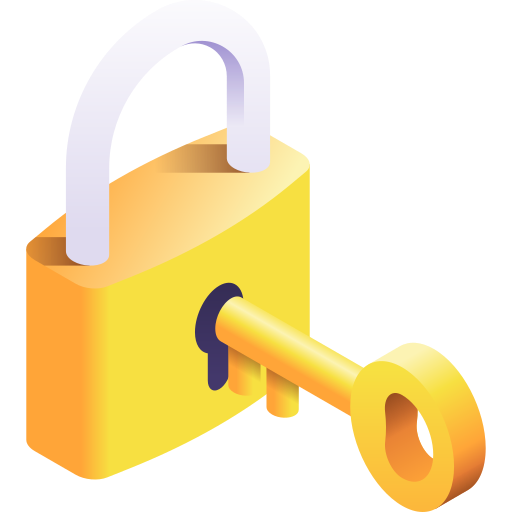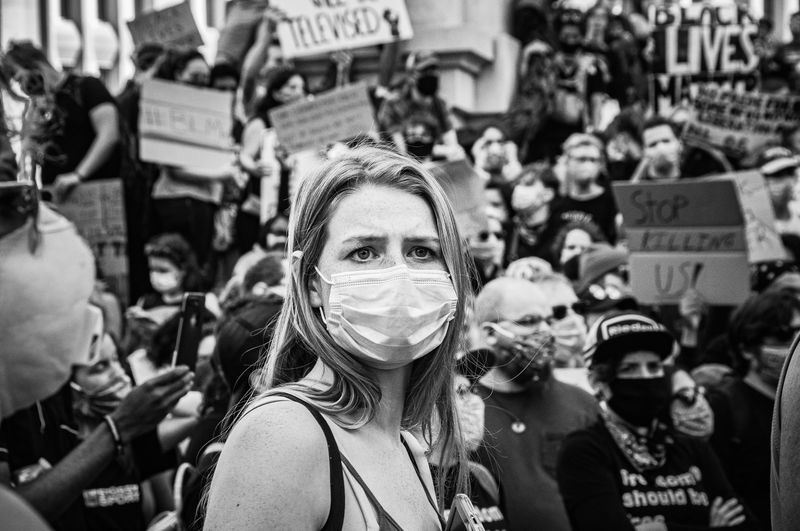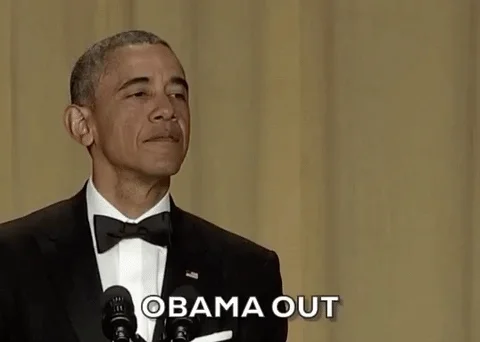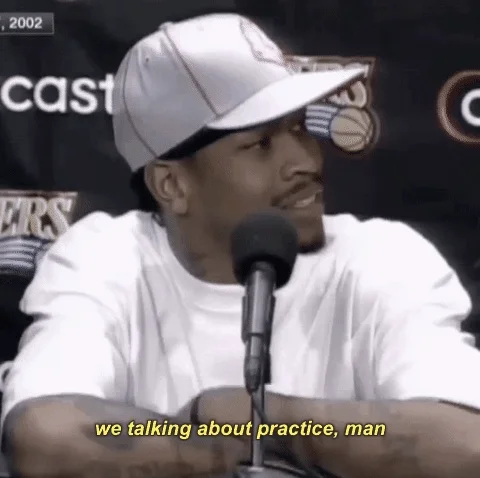No cap — the news isn't dying — it's evolving. 🔮
And in your potential career as a broadcast journalist, you could play an important role in this evolution. 👀
So why are you SO important for journalism right now?
Well if you're a digital native, you already have a multi-platform perspective that can give you an important edge as you enter the field.
Since broadcast journalism has become intrinsically tied to digital journalism, you'll need to rely on social media platforms to promote your news stories.

That's right!👇
Broadcast journalists now need to think about the Twitter-trending bathroom break hot-take from Elon Musk...

...as much as the latest long-form investigative drop from Ronan Farrow.

So do you have what it takes to cut through the noise in this new era of broadcast journalism?
1. Energy!
Journalism is very fast-paced! 🏃🏾♀️💨
COVID-19 revealed the speed at which journalists need to operate in order to produce the most relevant and important news.

Even in the absence of a public emergency, broadcast journalists have to move quickly to:
Check their sources ✅
Write the story for different mediums ✅
Choose what stories are most important to air ✅
2. Strategic thinking
How cool is it that anyone can be a broadcast journalist with a smartphone and a lead on a story?
Even as a broadcaster for traditional media, it's your responsibility to think creatively about how the story will be distributed across digital, print, online, and social media platforms.
So when you're crafting a story, you'll use your understanding of audiences across traditional and new media to:
Articulate the story for live broadcast
Cut the story across different social media platforms and radio
Consider the video's editing for digital publishing on the news website
3. Grit and resilience
If you care about the news — we need you! But if you feel like you lack resources or don't consider yourself a #nepobaby in media, getting started as a broadcast journalist could be an uphill climb. 🧗
 Money might be tight.
Money might be tight.
Depending on your experience and education, starting salaries can range between US $32,401 and $50,801. In a Reddit AMA, a TV news journalist with 8 years of experience claims they qualified for food stamps in their first journalism job.
 Stress is the norm.
Stress is the norm.
Despite journalists' greater sense of purpose for their work during the pandemic, many have left the field due to stress and burnout.
Representation needs work.
52% of U.S. journalists say their organization doesn't have enough racial and ethnic diversity. But don't be too deterred! Successful broadcasters like Bee Westwood have found ways to break through the ignorance.
4. Informed judgment
If you're looking to become a journalist to promote social justice, keep in mind that broadcast journalism is more about maintaining objective journalism practices than it is about making the world a better place.

The International Principles of Professional Ethics in Journalism represents the collaboration of 400,000 global active journalists across the world.
Here are a few of the 10 principles, translated for beginners:
Principle I: People’s right to true information —People have the right to an objective perception of reality and to express themselves freely in media. This means your own agenda and political beliefs are set aside in service of this objective reality.
Principle II: The journalist’s dedication to objective reality — Facts are reported on with as much context as possible to point out objective connections to minimize potential distortions. This means you must be mindful of how the final product will be received by the public.
 Photo by Edrece Stansberry on Unsplash
Photo by Edrece Stansberry on UnsplashPrinciple III: The journalist’s social responsibility —Journalistic information is first and foremost a social good, rather than a commodity. Journalists are accountable to the public and social issues at large. This means you recognize that how you use your platform will have consequences on the way people act or develop opinions.
Looking for journalism opportunities with more narrative freedom? Discover other careers in broadcast journalism 👈
5. Relationship-building
When you're getting started as a broadcast journalist, you probably won't be jet-setting or attending glamorous White House Correspondent Dinners just yet!

To build a robust career and get the best stories, you'll need to build relationships with:
Mentors
Producers
Police precincts
Public interviewees
Out of city/state/country news organizations
Better relationships mean better stories.
When you develop your ability to build trust, rapport, and connection with people, your stories are more likely to be both entertaining and ethical, all at once.
Richard Lui has covered stories across six continents in his 30-year career, and emphasizes the importance of building relationships for good stories:
Relationship skills give you an early career boost!
These days, you're less likely to travel as a broadcast journalist. Technology has made it possible for national broadcasters to collaborate with media organizations locally and around the world.
Jumpstart your career with long-term, on-the-ground relationships:
Apply at local news broadcasters across your home country to get your start
Understand how to navigate informal touchpoints for relationship building
Find a mentor and nurture the relationship
You never know who you're going to meet!
Take Action
Committing to broadcast journalism requires a lot of self-knowledge and practice, practice, practice!

Time to get started:
Your feedback matters to us.
This Byte helped me better understand the topic.



